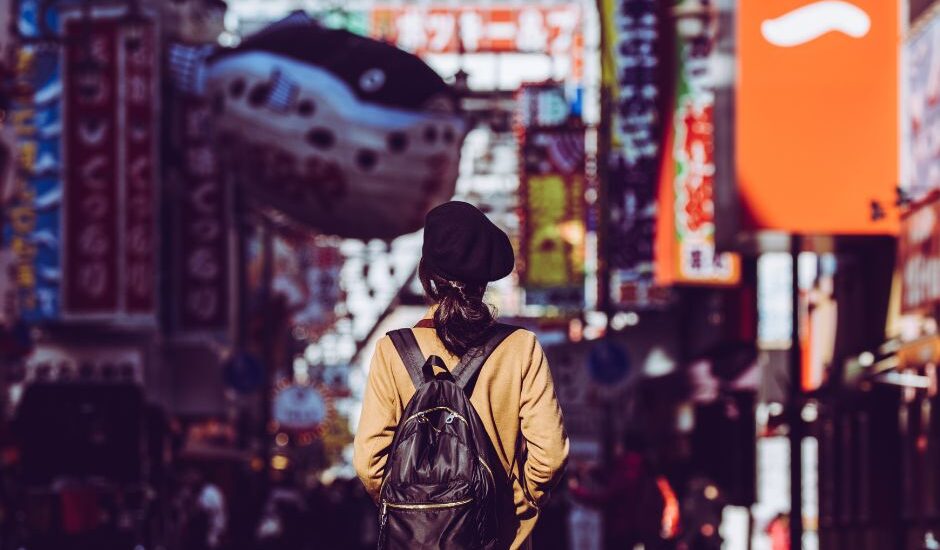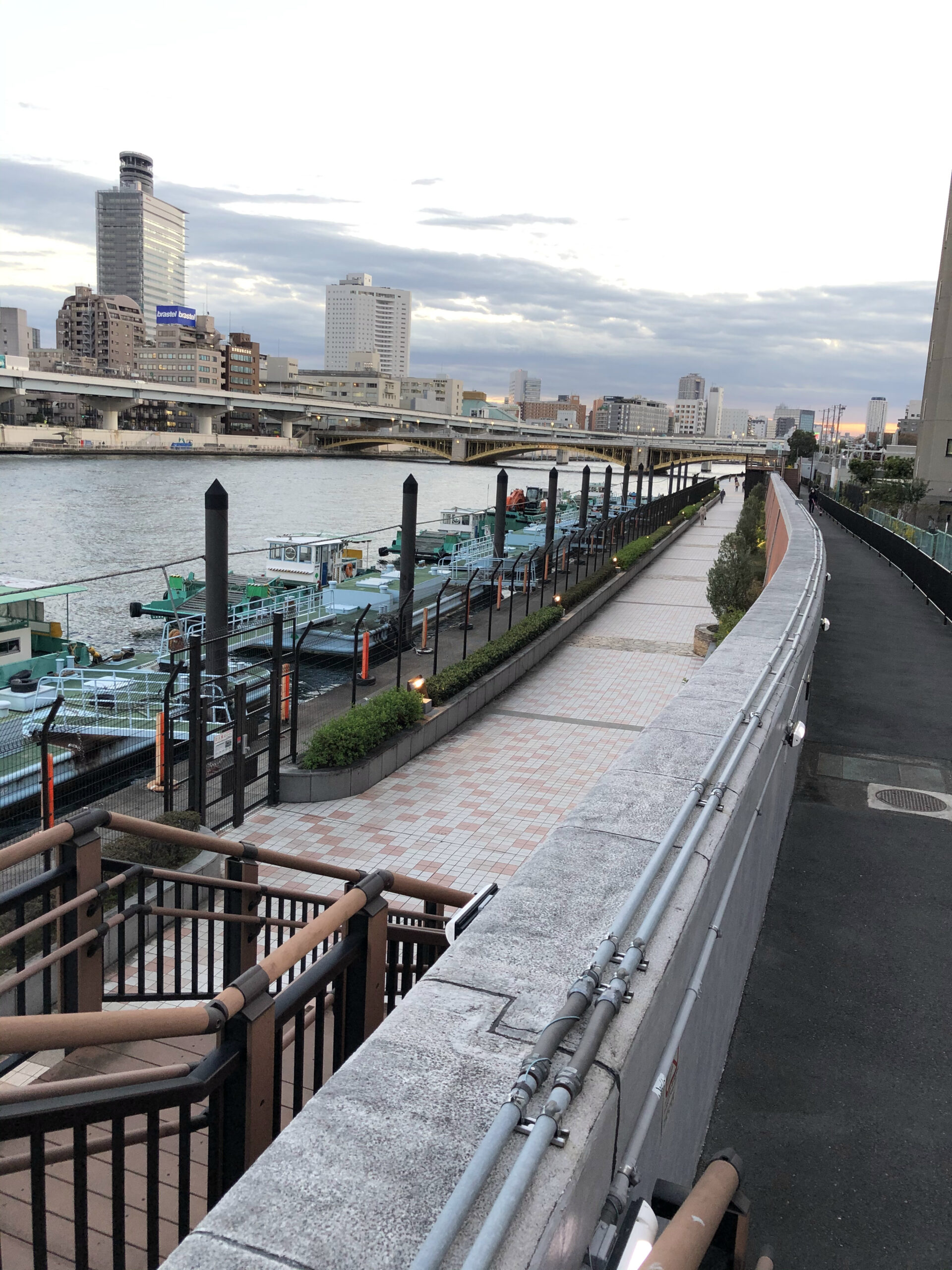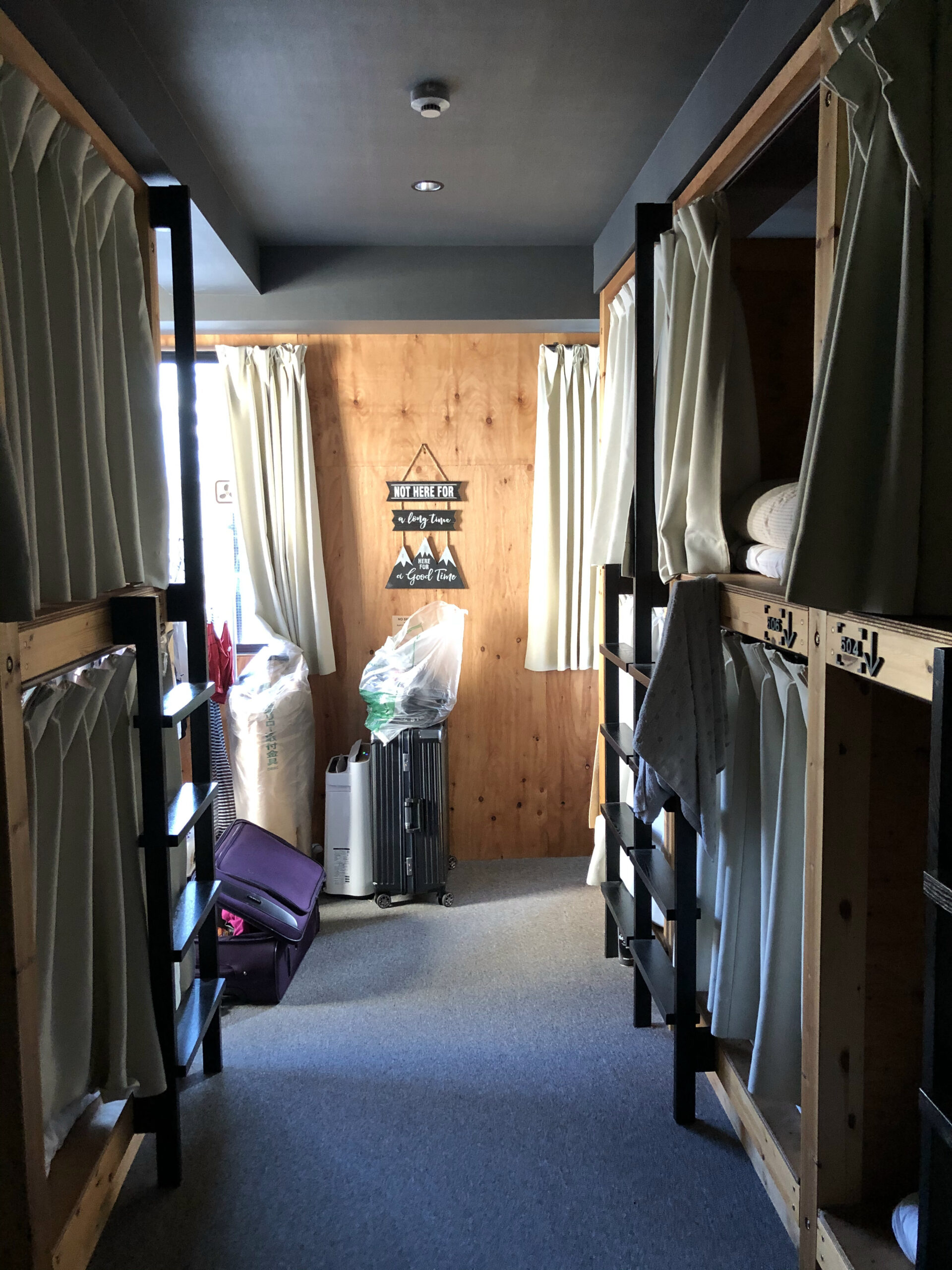As Japan reopens its borders after years of closure, tourists are entering the country in big groups. Although many travels with friends or family, Japan still has much to offer solo travelers. Read on to discover how to enjoy the country as a solo female tourist.

The following guide will give tips on exploring Japan while covering the basics, such as accommodation and dining-out options.
Accommodation for solo travelers
Japan is especially budget-friendly for solo travelers thanks to its numerous capsule hotels and hotels. What’s more, almost every establishment offers female-only floors or rooms for additional safety. For ¥2,000 to ¥5,000 a night, you get a comfy bed, access to shower rooms, toiletries, a hairdryer, and the basic necessities to get you recharged for the next day.

Dining out for solo travelers
Eating out alone in Japan is something I personally love doing because you don’t get stares or judgmental remarks from other groups. Locals eat alone all the time, and you can even find table counters for solo diners at most fast-food chains. From the restaurant layout to the menu portions and staff, you will have no issues ordering for one in Japan.
What’s more, if you’re staying in Tokyo, many of the restaurants have adapted to international travelers and offer their menus in English or will go the extra mile to explain the dishes to you. When you need to leave your table for a while, especially at a café, for example, you don’t need to bring your stuff with you. It’s common to see laptops, phones, and bags left alone on the tables of coffee shops while their owners are away.
Outdoor activities for solo travelers
Although many go to Japan to experience the freshest sushi and savory wagyu or grab the latest tech and go on a shopping spree, there’s definitely more to do in the country than eating and shopping.
If you find yourself in Japan during the colder seasons, taking a dip at a traditional hot spring or onsen will rejuvenate you like no other. You can even check out the Jigokudani Monkey Park in Yamanouchi, Nagano, for a unique winter experience of watching the snow monkeys bathing at the nearby hot springs.

Japan is also one of the most forested countries in the world (at 67 percent), so you can hike, camp, and explore nature. You can join some hiking groups and climb Mt Fuji, basking in its beauty along the way. If you prefer a faster mode of transportation, you can rent a mountain bike and go on a bike tour along the coastline or other cycling trails.
For a more cultural twist, Japan offers tea ceremonies, pottery classes, and kimono photoshoots, which let you participate in centuries-old traditions. For the animal lovers out there, Tokyo has cats, dogs, owls, pigs, snakes, rabbits, hedgehogs, and other pet cafes that will give you all the endorphins you need.
Traveling alone experience
I personally spent a week in Tokyo alone and enjoyed every moment of it. I booked a capsule hotel near the SkyTree and didn’t feel unsafe even though it wasn’t a female-only room. The only downside was another guest who would make calls in the middle of the night, making it harder to sleep.
Capsule hotels usually have lockers so you can keep valuables safe while you go out exploring. The one I stayed in had a mini café in the lobby, so I spent some time working before taking a run beside the Sumida River, which is absolutely stunning, day or night. On other days I would just walk without a destination and ended up in Asakusa or Edogawa.
That’s the beauty of central Tokyo – all you need are a good pair of shoes, and you can explore on foot and discover new things about the city that isn’t on travel blogs or books. Moreover, being a solo female traveler is no issue because of the high levels of safety. Of course, it’s still best not to stroll sketchy places at night.

Travel alone like a pro
If this is the first time you’re traveling alone, Japan is a great pick for its safety and convenience. Since you will most likely be getting around by train, take note of the nearest police station or koban located at every station should you require some assistance.
The Internet is filled with countless articles on Japan itineraries for every type of traveler, so you can plan in advance. Of course, having the “no-plan” approach also works! If you don’t want to carry around your belongings for your day tour, you can leave your bags at the lockers in most train stations. They’re around ¥400-¥1,000 for 24 hours and can fit even travel luggage.
When traveling in Japan, you won’t get bored with the itinerary and be fully satisfied with the food. Despite not being able to speak the local language, a quick Google translate will connect you with what you need. With that said, here’s to a stress-free encounter in Japan!



